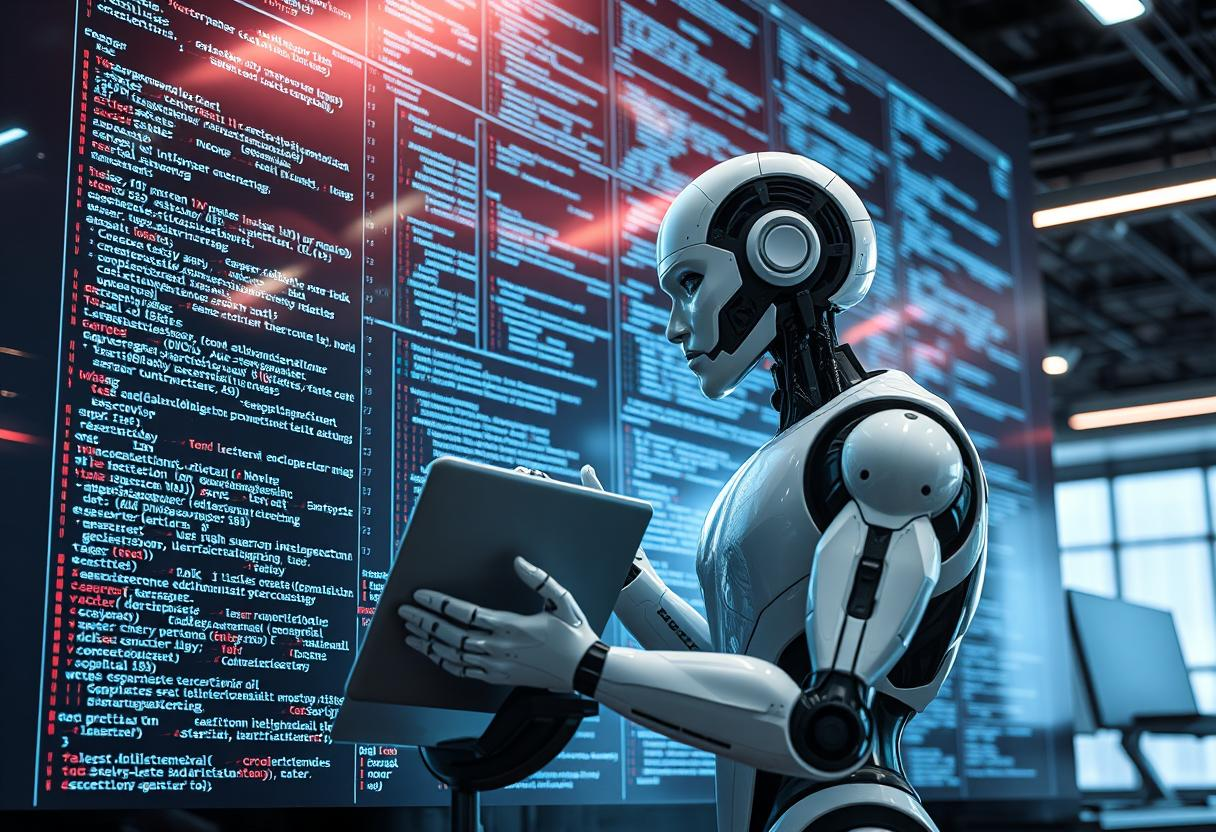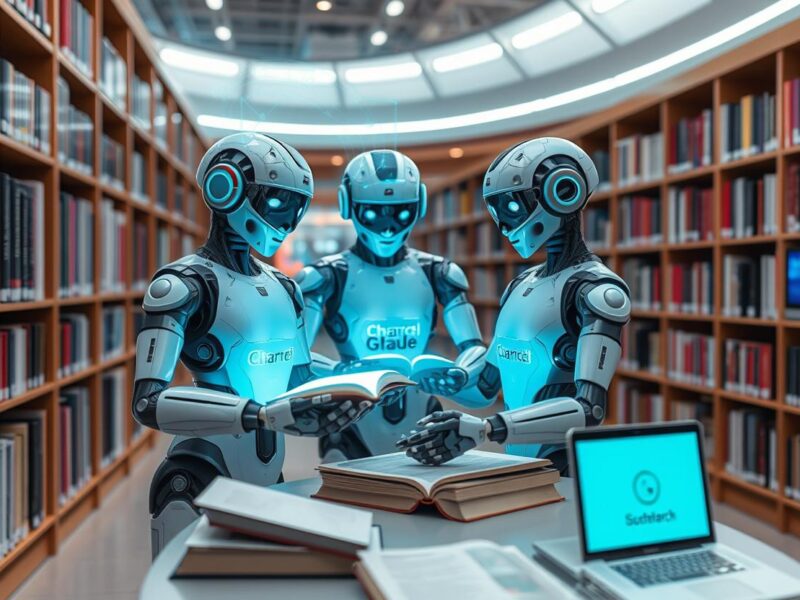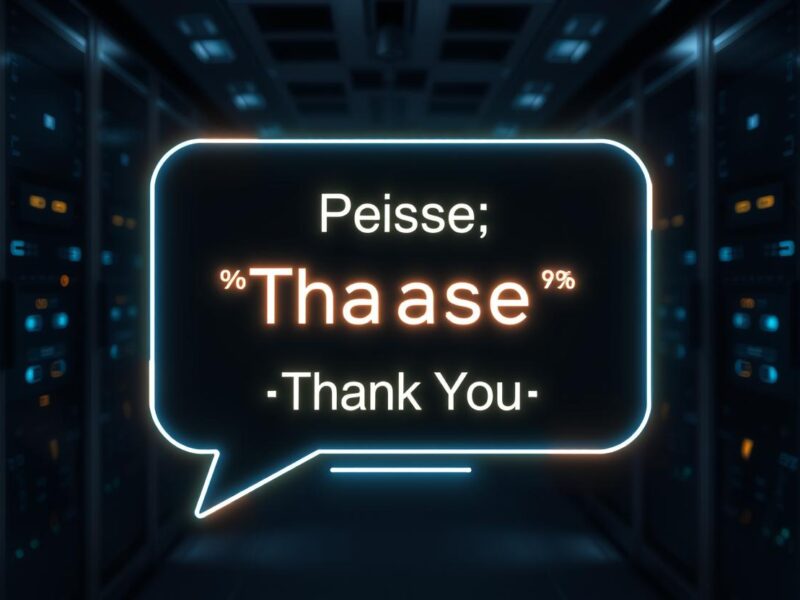In the rapidly evolving landscape of artificial intelligence, the integration of AI models into programming tasks has been met with both enthusiasm and skepticism. A study from Microsoft Research sheds light on a critical limitation: even the most advanced AI models, such as Anthropic’s Claude 3.7 Sonnet and OpenAI’s o3-mini, falter when tasked with debugging software. This revelation comes at a time when tech giants like Google and Meta are increasingly relying on AI for code generation, with Google CEO Sundar Pichai noting that 25% of new code at the company is AI-generated.
The study’s findings are a testament to the complexity of debugging, a task that requires not just an understanding of code but also the ability to think sequentially and adaptively. The researchers tested nine models on a set of 300 debugging tasks from the SWE-bench Lite benchmark. Despite access to debugging tools, the models’ performance was underwhelming, with Claude 3.7 Sonnet leading at a 48.4% success rate. The study points to data scarcity—specifically, the lack of training data that captures the nuanced, sequential decision-making processes of human debugging—as a significant barrier to improvement.
This research underscores a broader conversation about the role of AI in software development. While AI has made strides in code generation, its inability to reliably debug code highlights a gap that human developers still uniquely fill. The study’s authors suggest that future improvements will require specialized training data, such as trajectory data that records interactions with debuggers. Yet, even with such advancements, the notion that AI could replace human developers remains contentious. Tech leaders, including Microsoft co-founder Bill Gates and Replit CEO Amjad Masad, have publicly argued that programming as a profession is not at risk of automation.
As the tech industry continues to navigate the balance between AI assistance and human expertise, this study serves as a reminder of the current limitations of AI in complex problem-solving domains. It invites a more nuanced understanding of AI’s role in coding—not as a replacement for human developers, but as a tool that, when used judiciously, can augment human capabilities.


